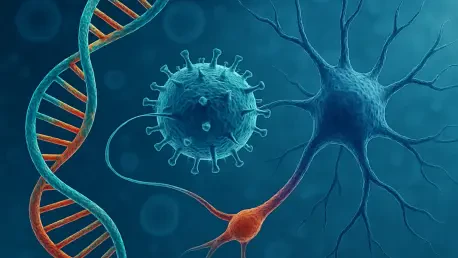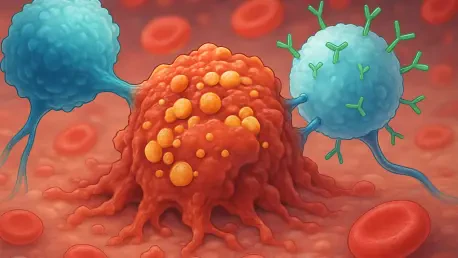
Imagine a condition so rare yet so devastating that it drives an insatiable hunger, challenging both patients and medical science to find relief, while Prader-Willi syndrome, a genetic disorder affecting a small but deeply impacted population, has long awaited effective treatments for its hallmark

I'm thrilled to sit down with Ivan Kairatov, a renowned biopharma expert with extensive experience in research and development, and a deep understanding of technological innovation in the industry. Today, we’re diving into the groundbreaking progress of gene therapy, specifically focusing on

The conversation surrounding alcohol’s impact on health has taken a dramatic turn with emerging research that questions long-held beliefs about its safety, particularly when it comes to brain health, and a recent study published in BMJ Evidence-Based Medicine has stirred significant debate by

Imagine a world where the arduous process of developing life-saving drugs, which often spans over a decade and costs billions of dollars, is dramatically shortened and made more cost-effective through cutting-edge technology. This vision is becoming increasingly tangible as artificial intelligence

I'm thrilled to sit down with Ivan Kairatov, a biopharma expert with extensive experience in research and development, as well as a deep understanding of technology and innovation in the industry. Today, we’ll dive into the critical intersection of cancer research, advocacy, and policy, exploring

What if a silent, often-ignored component of human cells could hold the key to revolutionizing cancer treatment and transform the way we approach deadly diseases? Lipids, the fatty molecules typically associated with cell structure, have emerged as unexpected warriors in the fight against cancer. A